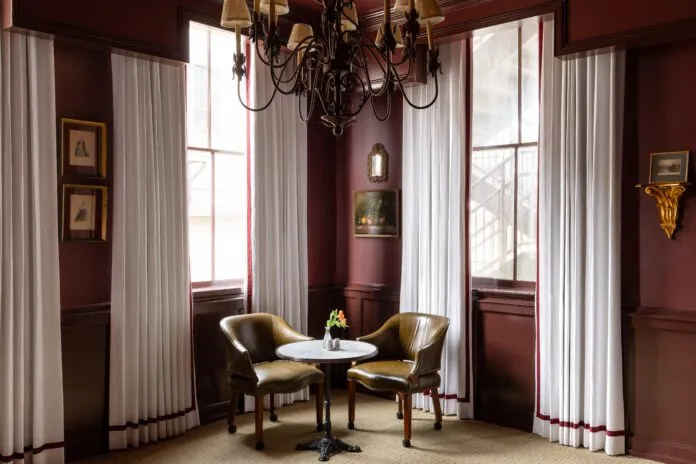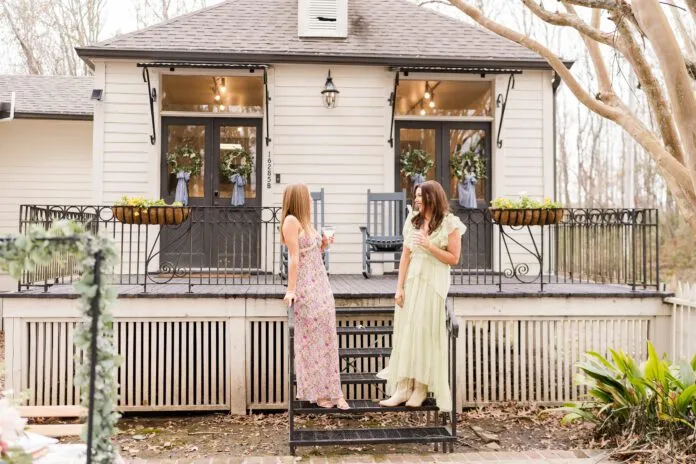Local landscaping business turns to native plants in response to the ‘kill your lawn’ trend
It seems like the responsible thing to do, creating the kind of manicured lawn and flowerbeds that could win a “yard of the month” award.
But modern landscaping as we know it, awash in orderly designs and tidy plants, isn’t always great for soil health and biodiversity. A better approach, say the founders of the south Louisiana company Swamp Fly, is to integrate native plants into residential and commercial landscapes to help improve sustainability and restore habitats for birds and insects.
“We strive to use mostly native plants, or mix in species that aren’t native, but don’t out-compete other plants,” says co-founder Caitlin Robbins, who, with business partners Ashley Brackeen and Emily Pontiff, launched the native landscape firm Swamp Fly last year.

The company serves clients in both Baton Rouge and New Orleans, and focuses on regenerative commercial and residential landscaping.
“We don’t use chemical pesticides or herbicides,” Robbins says. “Everything we use is organic and will have minimal impact on the surrounding environment, because soil health and water quality are important to human health and the health of plants and animals.”
The idea for opening a full-service native landscaping business took root after Brackeen wanted to convert her traditional landscaping business into something more intentional. She pulled in friends Robbins and Pontiff, who were working in different fields, but shared her interests.
The three began by working on a community garden project with Cindy Wonderful, a Baton Rouge activist and host of the WHYR radio show, Locals Only. While that project was delayed due to the pandemic, Robbins says, the three friends proceeded with a business idea, launching Swamp Fly in spring 2021.
The company provides consulting services and full-service design and installation. It’s part of a growing “kill your lawn before it kills you” movement across the country, in which the return to low-impact landscaping is seen as a healthful move for both plants and people.
Native landscaping addresses the loss of “living landscapes” at the hand of urbanization, according to the National Audubon Society. About 150 million acres of habitat and farmland have yielded to urban sprawl, and the trend shows no sign of slowing down, according to the organization, which further states that “the modern obsession with highly manicured ‘perfect’ lawns alone has created a green, monoculture carpet across the country that covers over 40 million acres.”
Swamp Fly will soon be featured on the new Kill Your Lawn Project series in production by Joey Santore, host of the YouTube channel Crime Pays, but Botany Doesn’t. The documentary will follow Santore as he explores so-called kill your lawn projects across the country, including one in New Orleans in which Swamp Fly created a new, sustainable design, Robbins says.
To keep reading about Swamp Fly and their focus on native plants, check out the full story from 225 Daily e-newsletter. Subscribe here for more.












